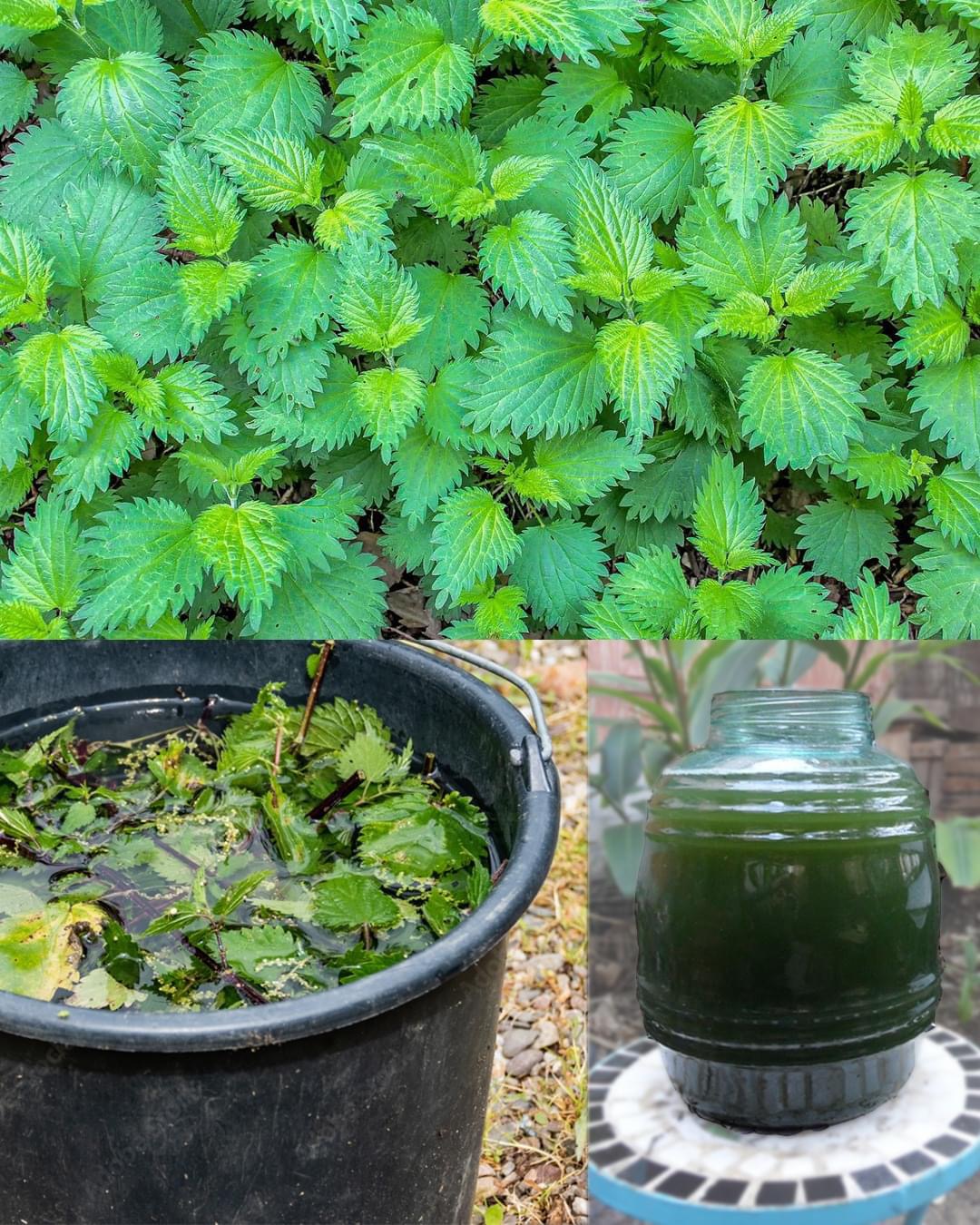Harnessing the Power of Nettle Fertilizer Pesticide for Sustainable Agriculture
In the world of agriculture, the quest for sustainable and eco-friendly farming practices has gained momentum in recent years. One such practice that has been garnering attention is the use of nettle fertilizer pesticide. Nettles, often seen as weeds, can be transformed into a potent and natural solution for both fertilizing and pest control in agriculture. This article delves into the benefits and methods of using nettle fertilizer pesticide in modern farming.
The Benefits of Nettle Fertilizer Pesticide
Rich in Nutrients
Nettles are rich in essential nutrients such as nitrogen, potassium, and trace minerals. These nutrients are vital for plant growth and soil health. When nettles are fermented and used as a fertilizer, they release these nutrients into the soil, enhancing its fertility and supporting robust plant growth.
Natural Pest Control
Nettle fertilizer also acts as a natural pesticide. The strong odor and compounds in nettles can deter pests such as aphids, spider mites, and other insects that commonly plague crops. This dual action of fertilizing and pest control makes nettle fertilizer an efficient and eco-friendly solution for farmers.
Eco-Friendly and Sustainable
Using nettles as a fertilizer pesticide reduces the need for chemical fertilizers and pesticides, which can be harmful to the environment. It promotes a sustainable farming practice by recycling a common weed into a valuable resource, reducing agricultural waste, and minimizing the environmental impact.
How to Make Nettle Fertilizer Pesticide
Ingredients
- Fresh nettles (avoid using nettles that have gone to seed)
- Water
- A large container with a lid (preferably non-metallic)
Instructions
- Harvest the Nettles: Wear gloves to protect your hands from stings. Collect a large quantity of fresh nettles, cutting them at the base.
- Chop and Soak: Roughly chop the nettles to increase the surface area. Place the chopped nettles in the container and fill it with water at a ratio of about 1 part nettles to 10 parts water.
- Fermentation Process: Cover the container with a lid to keep out debris and insects. Let the mixture sit for 1-2 weeks, stirring occasionally. The fermentation process will produce a strong odor, so it’s best to keep the container in a well-ventilated area away from living spaces.
- Strain the Liquid: After 1-2 weeks, strain the liquid to remove the solid nettle pieces. The resulting liquid is your nettle fertilizer pesticide.
- Dilute for Use: Before using the nettle fertilizer, dilute it with water. A common dilution ratio is 1 part nettle fertilizer to 10 parts water for foliar sprays or 1:20 for soil applications.
Application Methods
- Foliar Spray: Use a spray bottle or garden sprayer to apply the diluted nettle fertilizer pesticide directly to the leaves of plants. This method helps in quickly delivering nutrients and deterring pests.
- Soil Drench: Pour the diluted fertilizer around the base of plants to enrich the soil and promote root absorption of nutrients.
Tips for Using Nettle Fertilizer Pesticide
- Avoid Over-Fertilizing: While nettle fertilizer is rich in nutrients, overuse can lead to nutrient imbalances in the soil. Stick to recommended dilution ratios and application frequencies.
- Test on a Small Area: Before widespread application, test the diluted fertilizer on a small area or a few plants to ensure there are no adverse effects.
- Regular Application: For best results, apply the nettle fertilizer pesticide every two to three weeks during the growing season.
Frequently Asked Questions (FAQ)
Q: Can I use dried nettles instead of fresh ones?
A: Yes, dried nettles can be used, though fresh nettles are generally more effective. If using dried nettles, you may need to adjust the quantity and soaking time.
Q: What should I do if the smell is too strong?
A: The fermentation process does produce a strong odor. To minimize this, keep the container covered and in a well-ventilated area. Adding a small amount of EM (effective microorganisms) solution can also help reduce the odor.
Q: Is nettle fertilizer pesticide safe for all plants?
A: Nettle fertilizer pesticide is safe for most plants. However, it’s always a good idea to test it on a small area or a few plants first to ensure compatibility.
Q: Can I store nettle fertilizer pesticide for later use?
A: Yes, nettle fertilizer pesticide can be stored for several months. Keep it in a cool, dark place and ensure it’s well-sealed to prevent odors and contamination.
Q: How can I use the leftover nettle solids?
A: The leftover nettle solids can be added to your compost pile, enriching it with nutrients and helping to accelerate the composting process.
Conclusion
Harnessing the power of nettle fertilizer pesticide offers a sustainable and eco-friendly approach to modern agriculture. By utilizing this natural resource, farmers can enhance soil fertility, promote healthy plant growth, and reduce the reliance on chemical inputs. Embrace this sustainable practice and contribute to a healthier environment and more productive agriculture.

